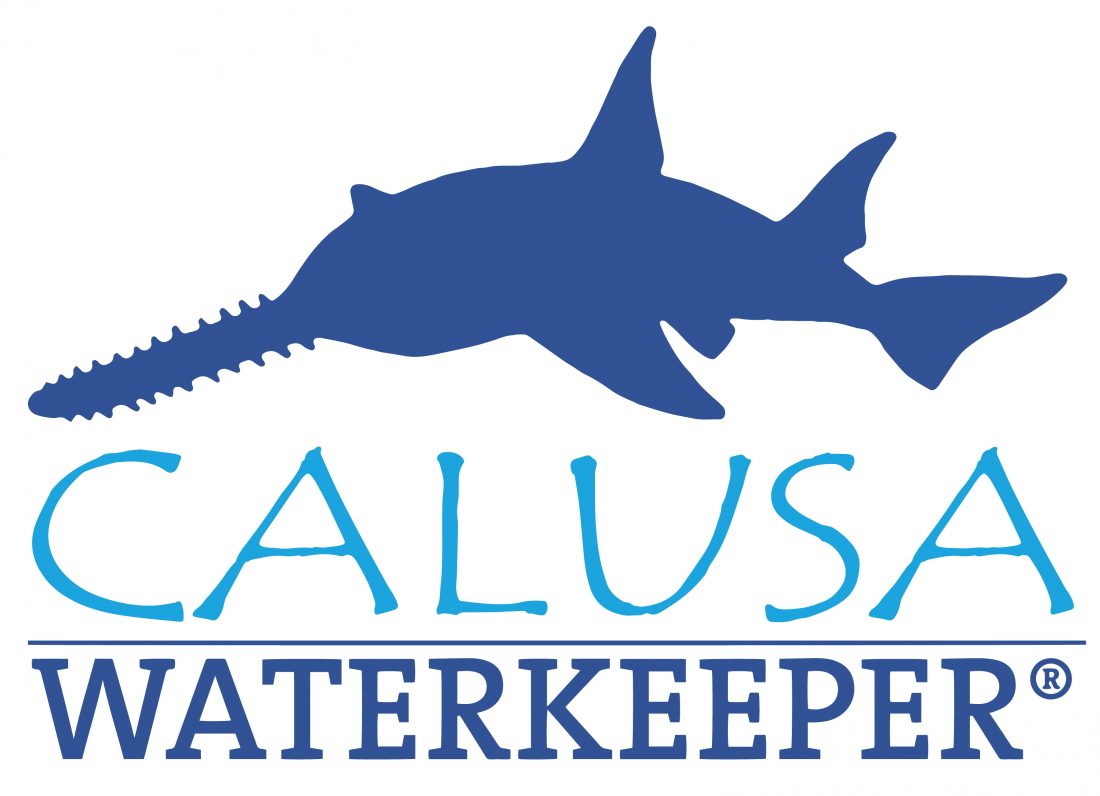
April is historically the driest month of the year. It’s also a key month for the greater Charlotte Harbor estuarine system as various fish and shellfish reproduce during the spring season. Due to abnormally dry conditions, the upper river areas have become excessively salty affecting tape grass recovery. Tape grass is native to Florida and reproduces with runners. Under dry and elevated salinity conditions, it is not unusual to see marine fish species venturing unusually far upstream in many of the tributaries. This does not mean that conditions are optimal for reproduction. The lack of freshwater inflow is not due entirely to dry conditions since upstream lake releases from Lake Okeechobee are depended on for some level of flow to the Caloosahatchee estuary, but over-allocation of stored fresh water to consumptive uses contributes to the problem.
Red tide continues to threaten coastal areas, but have been largely restricted to areas north of Boca Grande. The Calusa Waterkeeper is recruiting volunteer rangers to help monitor local waters. For more information visit www.CalusaWaterkeeper.org. For reporting fish kills, pollution events or other water quality issues please call 239-444-8584.

